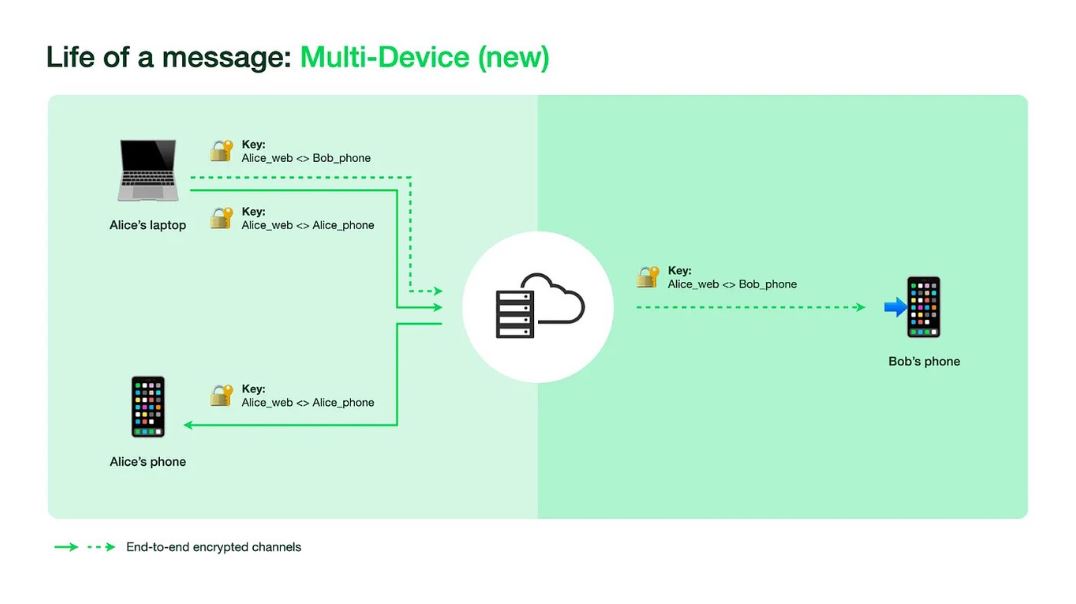In the realm of messaging apps, perfect privacy and security seem elusive. WhatsApp, with over 2.7 billion active users worldwide, stands as the most widely utilized solution. Despite its popularity, recent revelations bring to light a potential privacy concern that challenges WhatsApp’s claims of prioritizing user privacy.
Please follow us on Twitter and Facebook
End-to-End Encryption: A Stronghold with Leaks
For years, WhatsApp has safeguarded conversations through end-to-end encryption, a robust process designed to ensure only conversation participants can decipher messages, even if intercepted. However, this seemingly impenetrable shield harbors certain vulnerabilities.
WhatsApp Unintended Data Leak
Consider a scenario where someone inquires about the number of devices linked to your WhatsApp account. While users may opt not to disclose such information, researcher Tal Be’ery sheds light on a revelation: WhatsApp leaks this data.
Read Also: WhatsApp Enhances Valuable Feature For Users
Be’ery, a cybersecurity expert, explains that WhatsApp’s implementation of the E2EE protocol inadvertently exposes the number of devices a user employs. The key lies in the message sender’s device, generating a unique cryptographic key for each of the recipient’s devices. These keys, accessible via Google Chrome’s development tools, unveil hidden information such as keys generated for each contact.

Unmasking Device Usage: A Privacy Predicament
This information is not just accessible without sending a message; it remains available even if the recipient has blocked the sender. Multiple keys per contact indicate the potential use of more than one device with the same WhatsApp number. While this doesn’t compromise end-to-end encryption, it exposes the registered devices.

Harlo Holmes, the Director of Information Security and Digital Security at the Freedom of the Press Foundation, underscores the privacy implications. Knowing which devices are associated with a WhatsApp number poses a potential threat, allowing malicious actors to deduce someone’s whereabouts based on device usage.
Read Also: WhatsApp Out Of Control: New Feature Causes Massive Problems
Meta’s Response: Privacy Concerns Brushed Aside
Tal Be’ery brought these findings to Meta’s attention on January 9, only to face rejection. Meta, the company behind WhatsApp, perceives this not as an implementation flaw but as an inherent design feature. As of now, there are no plans to enhance this aspect of privacy within the application.
In essence, while WhatsApp continues to champion end-to-end encryption, its inadvertent disclosure of registered devices raises questions about the extent of privacy protection offered by the messaging giant.
Read Also:
WhatsApp On Android Will No Longer Have Free Backups: Google Will Apply Them To Your Space On Drive





